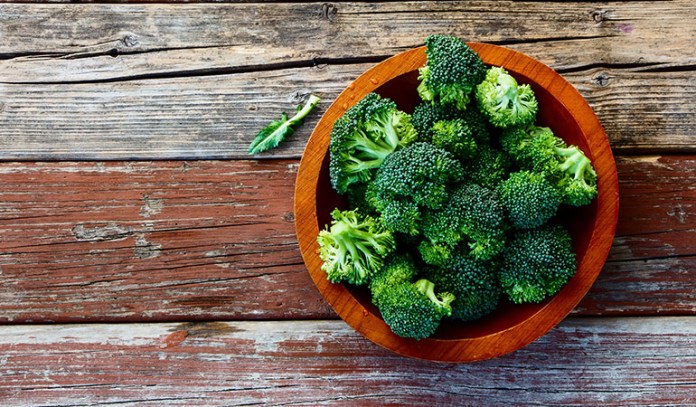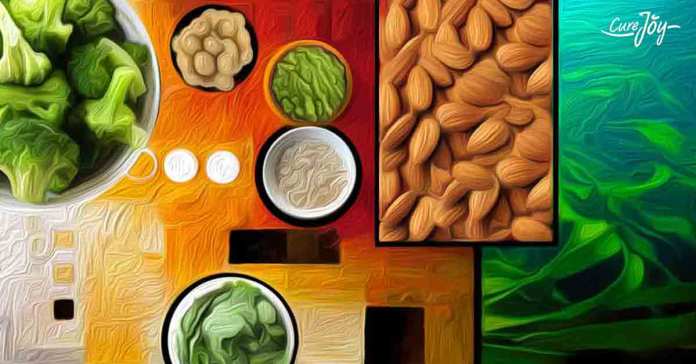Proteins play a huge role in our health and well-being as they are the building blocks for bones, muscles, cartilage, skin, and blood. They are also required to repair and build our tissues. So yes, when it comes to health, proteins are very important!
Although proteins are vital to keeping a balanced diet, certain protein sources should be avoided. Foods like red meat, which is known for being a high-protein food, is not always the best option when it comes following a healthy diet. Studies have proven that excessive animal protein may damage the liver, kidneys, and other vital organs, leading to inflammation associated with many chronic diseases such as cardiovascular conditions.
Fortunately, you can find lots of healthy sources of protein besides animal protein, such as high-protein veggies. By incorporating these veggies into your diet, you will be able to gain the right amount of protein you need to stay healthy and active plus other benefits such as fiber, antioxidants, and phytonutrients.
Not sure about getting enough protein from veggies? Here are 10 veggies high in proteins that you may want to include into your diet:
Plant-Based Protein Sources
1. Chia Seeds

Chia seeds are not only a great source of protein but also contain omega-3 fatty acids and various micronutrients. A bonus benefit is that they are gluten-free and very versatile!
2. Spinach

This is a healthy option if you are looking to replace beef with veggies. Besides its tasty flavor, spinach is rich in protein and fiber. In half a cup of spinach, you can get 3 gm of protein!
3. Baked Potato

A delicious low-fat option! According to research, potatoes are loaded with kukoamines, plant chemicals that help lower blood pressure.1 If you eat a medium-sized baked potato, you will get 3 gm of protein. Good to know, huh?
4. Broccoli

Broccoli’s not just filled with protein but also rich levels of vitamin B1, magnesium, fiber, omega-3 fatty acids, and selenium. This makes it an excellent and healthy choice!
5. Peas

Peas are high in protein, fiber, and micronutrients, which promote anti-aging and a strong immune system. This gives all the more reason to try peas instead of animal protein!
6. Brussels Sprouts

These little green guys are particularly high in protein when compared with other green vegetables. Brussels sprouts are rich in protein, potassium, and vitamin K. Some of its benefits include improving eye and bone health.
7. Steel-Cut Oatmeal

Apart from being a solid source of protein, steel-cut oatmeal also has a low glycemic index. This means they don’t spike blood sugar as much, which may help to avoid food cravings.
8. Kale

This leafy green vegetable comes with a high number of vitamins and minerals. If you are looking to lose those extra pounds, kale is a great option for you. A cup of kale has only about 40 calories and 2.5 gm of protein. Can you believe it?
9. Almonds

Almonds are an excellent option for a snack! Along with protein, these nuts are rich in vitamin E, which is great for your skin and hair. So, go on, grab some almonds every single day!
10. Sea Vegetables

Although not so well-known, sea vegetables such as arame, nori, dulse, kelp, wakame, and agar are a powerhouse for protein. Not only do they contain around 6 gm of protein per 100 gm but are also high in calcium, iron, iodine, antioxidants, and fucoidans providing anti-inflammatory benefits and more.
These high-protein veggies are your best option if you are on your way to forming a healthy life. Add one or two of these into your diet and you’ll see the difference in your overall well-being. Their high vitamin and amino acids content promotes a healthy lifestyle, increasing your strength and energy.
You can add these ingredients to various preparations, from salads to delicious smoothies in the summer. What counts is not how you eat but how much you eat.
References





